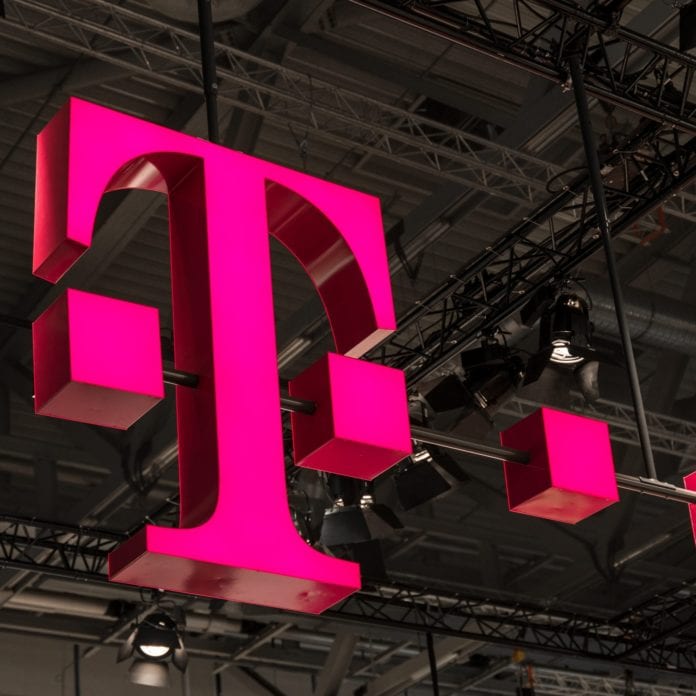Deutsche Telekom said the new offering is available to small and medium enterprises as well as corporate customers
German carrier Deutsche Telekom announced the commercial launch of network application programming interfaces (APIs), under the brand “MagentaBusiness API”, the telco said in a release.
APIs are software interfaces that facilitate the exchange of information between computer applications.
The European carrier said that developers and business customers can now build apps and services which communicate using Deutsche Telekom’s network in Germany.
Vonage, a specialist in cloud communications and part of Swedish vendor Ericsson, will provide the platform for the service. The MagentaBusiness API platform powered by Vonage will serve as a “one-stop shop” for access to communications and network APIs, allowing developers and business customers to embed communication functions like video, voice, messaging and other capabilities into their products, applications, and workflows, according to DT.
The platform makes the service available to small and medium enterprises (SMEs), as well as corporate customers, Deutsche Telekom said.
Opening network APIs as a path to monetization and more development of new services was a hot topics at this year’s Mobile World Congress Barcelona. AT&T announced earlier this week that it was also opening up API access. Igal Elbaz, AT&T SVP and network CTO, said in a blog post: “We believe that to fully unlock the value of 5G, we must make the network an accessible, fundamental part of developer projects rather than something to bypass.”
Deutsche Telekim said that the following three network APIs will be made available by the MagentaBusiness API Portal:
-Quality-on-demand: This API allows an application to request a certain quality of service for a SIM card. Data can be transferred with stable latency or bandwidth, even under high load conditions in the network.
-Device Status – Roaming: This API will be implemented to determine whether or not a device is in international roaming mode, and in which country. A potential use case for this is credit card fraud detection, where a banking app can instantly check whether a customer is likely to be making a payment abroad.
-Device Location: Through this API, the network can verify the location of a SIM card within the mobile network in Germany, independent of GPS availability.
“In the future, our network itself will enable new growth opportunities for businesses through APIs. We invite our customers to explore new use cases or optimize existing business processes by participating in our friendly adopter program,” said Claudia Nemat, board member for technology and innovation at Deutsche Telekom. “Together with Vonage and Ericsson, we are the first to expose network APIs in a one-stop shop portal. APIs are a key strategic focus for Deutsche Telekom. This is underlined by our status as a founding member of the CAMARA alliance, which aims to make standardized APIs available internationally.”
“Together, Deutsche Telekom, Vonage and Ericsson will leverage our strengths to help companies enhance user experience and growth opportunities with both communications APIs and new network APIs,” said Rory Read, Vonage CEO and head of business area global communications platform for Ericsson. “The combination of communications APIs and network APIs represents the next level of communication between businesses and their customers, and MagentaBusiness API offers the ability to build these secure, reliable and innovative experiences across industries and across the world,” Read added.
Network APIs are defined and standardized by the CAMARA Initiative. It was announced by the GSMA in February 2022. The initiative consists of network operators, technology providers, cloud providers, operating system providers and application developers, including both Deutsche Telekom and Ericsson. The initiative aims to standardize network APIs globally.
The first network API to be standardized under the CAMARA initiative was quality-on-demand, which was demonstrated in collaboration with Ericsson and Vonage at the Mobile World Congress event earlier this year.

